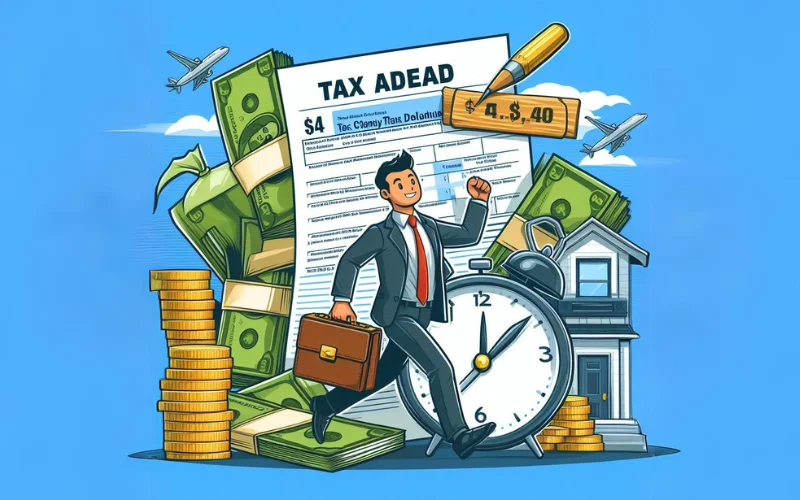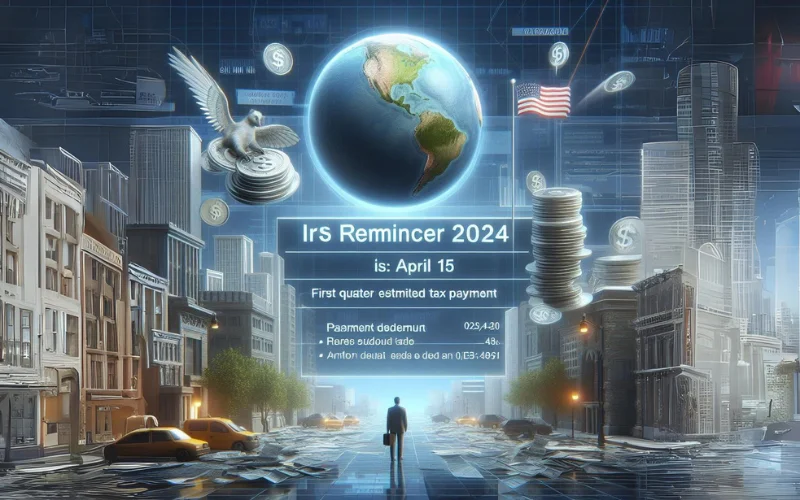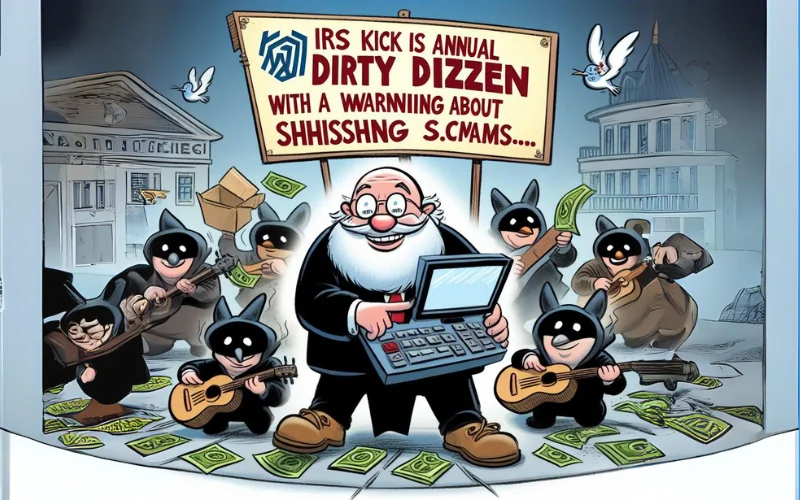Republicans want to make fixes, but Democrats aren’t rushing to help them.
The glitches in the new tax law are starting to pile up.
One inadvertently denies restaurants, retailers and others generous new write-offs for things like remodeling.
Another would allow wealthy money managers to sidestep a crackdown on a lucrative tax break that allows them pay lower taxes on some of their income than ordinary wage earners. A third creates two different start dates for new rules that make it harder for businesses to shave their tax bills.
There are dozens of other snafus, hitting everything from real estate investments to multinational corporations to farmers.
It’s hardly surprising there would be bugs in the sprawling new law H.R. 1 (115), but some experts say the sheer number is unusual, and blame the breakneck pace at which the legislation was pushed through Congress.
“This is not normal,” said Marty Sullivan, chief economist at the nonpartisan Tax Analysts. “There’s always this kind of stuff, but the order of magnitude is entirely different.”
The question now is whether lawmakers can agree to do anything about it.
Republicans would like to address the problems as soon as next month, as part of legislation needed to fund the government. But to do that, they’ll need assistance from Democrats, and it’s unclear they are in any mood to help. They were shut out of the process of writing the Tax Cuts and Jobs Act, and may be looking for payback after Republicans steadfastly refused to allow them to fix hitches in the Affordable Care Act.
Some Democrats say they will want to widely reopen the law, as part of any effort to clean up the legislative miscues.
“We’re not going to say to Republicans, ‘Oh tell us what you want to do,” said Sen. Sherrod Brown (D-Ohio), who sits on the tax-writing Finance Committee. “We want to make the bill better, not just correct whatever technical fix is needed.”
Democrats may also decide to wait, figuring a good showing in this fall’s midterm elections will only increase their leverage when it comes to demanding changes in the law.
For now, Republicans say they are collecting examples of things that need to be corrected.
“The Ways and Means Committee is on receive mode,” said Chairman Kevin Brady. “We expect to develop a punch list of provisions that need to be addressed either administratively or through changes in the code itself.”
Some of the glitches are simple drafting errors. Others would have unintended consequences. Still others are things in the law that aren’t clear.
One snafu, which could potentially affect President Donald Trump’s real estate business, prevents people making various types of improvements to non-residential real estate from immediately deducting their entire cost, as lawmakers intended. An apparent typo means they have to instead take those breaks piecemeal over the next 39 years.
That is already squeezing some companies’ finances, said Rachelle Bernstein, tax counsel at the National Retail Federation. “There are real economic implications right now,” she said.
Another bug may allow hedge funds, private equity firms and others to dodge a crackdown on the rules surrounding so-called carried interest by taking advantage of a vague reference in the law excusing corporations from the new rules. Lawmakers appear to have meant C corporations like Apple or Ford, but lawyers say it could also excuse S corporations, which could be easily used to duck the restrictions.
There are also conflicting instructions on when new restrictions on businesses using losses to reduce their taxes take effect. An official report explaining the legislation says it starts in taxable years beginning after Dec. 31, 2017, but the text of the law says it takes effect for taxable years that end after Dec. 31, 2017.
That sounds like a subtle difference but it is a big deal for companies that have fiscal years that don’t line up with the calendar year. For a business with a fiscal year ending on, say, Jan. 31, 2018, it either means they were subject to the new rules for the past dozen months or it means they didn’t have to begin worrying about them until Jan. 1 of this year. It’s particularly important for publicly traded companies that must account for their tax liabilities in official financial statements.
Another glitch allows people investing in real estate to claim a new deduction for pass-through income – but only if they own real estate stocks directly. If they own them through mutual funds, as many Americans do, they don’t qualify for the break.
Other things are unclear like the law’s new minimum tax on multinational companies’ foreign earnings, which has tax experts jousting in tax journals and elsewhere over what exactly is subject to the levy.
Another provision, which Republicans say they are eager to address, could allow farmers who sell grain to cooperatives to avoid taxes entirely. Though that’s been dubbed the “grain glitch,” it was included in the legislation at the insistence of multiple senators despite warnings of its implications. Eighty seven House Republicans have signed a letter urging lawmakers to deal with the issue.
Sen. John Thune, the chamber’s third-ranking Republican, said he’d like to address problems next month as part of an omnibus spending bill lawmakers are working on.
“I don’t think Dems want to be helpful at all on tax policy, but I think most of these fixes are going to be things that are widely supported,” he said. “For example, this Section 199 issue [dealing with farming cooperatives] will have the entire Ag committee behind it and it will be hard for Democrats to block us from addressing that.”
“Most of them, there’s probably going to be strong support for fixing, and hopefully that will win out with Democrats,” said Thune.
But Rep. Richard Neal, the top Democrat on the Ways and Means Committee, says his side wants hearings on any changes.
“We’re not going to willy nilly into this with, all of a sudden, a technical corrections bill that has not been sufficiently aired,” he said. “There needs to be an acknowledgment that this was done in haste and that there were many mistakes.”
If lawmakers can’t address the problems, that will put more pressure on Treasury to fix them, though it’s unclear how much authority the agency would have. It can only interpret the law, not contravene it. So if the statute is clearly written, even if it leads to a strange result, Treasury cannot upend that.
Pam Olson, a former top tax official in the George W. Bush administration, is not optimistic lawmakers will be able to address the glitches this year. Aside from the partisan tensions over the new law, she’s not sure how much appetite lawmakers have to wade back into the issue, especially when it comes to fixes that go beyond simple changes like correcting typos.
“They’re a little tax weary,” said Olson, now US Deputy Tax Leader at PwC, the consulting firm.
“There are those kinds of fixes that shouldn’t require a whole lot of energy to get fixed but there are other things that do require some more thought,” she said.
Many lawmakers want to focus on other issues, said Olson, and may conclude “we did as well as we can – we’re going to stick with it.”
Source: BRIAN FALER





